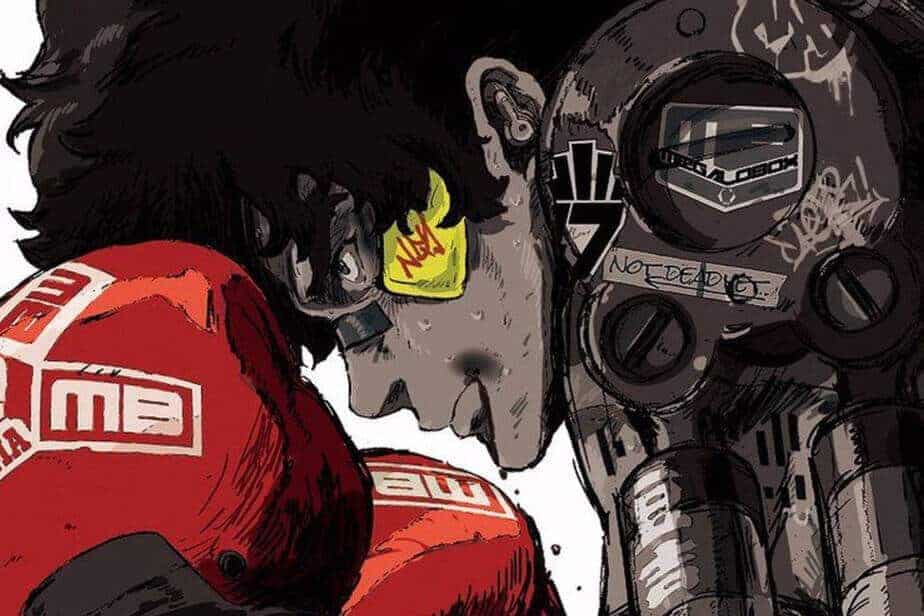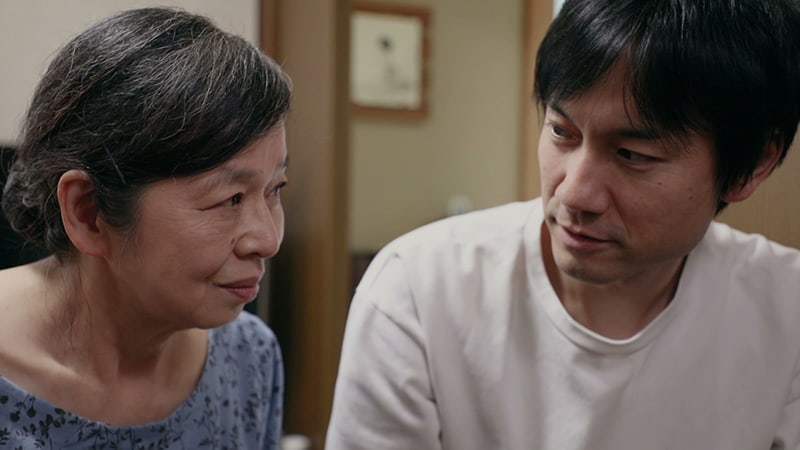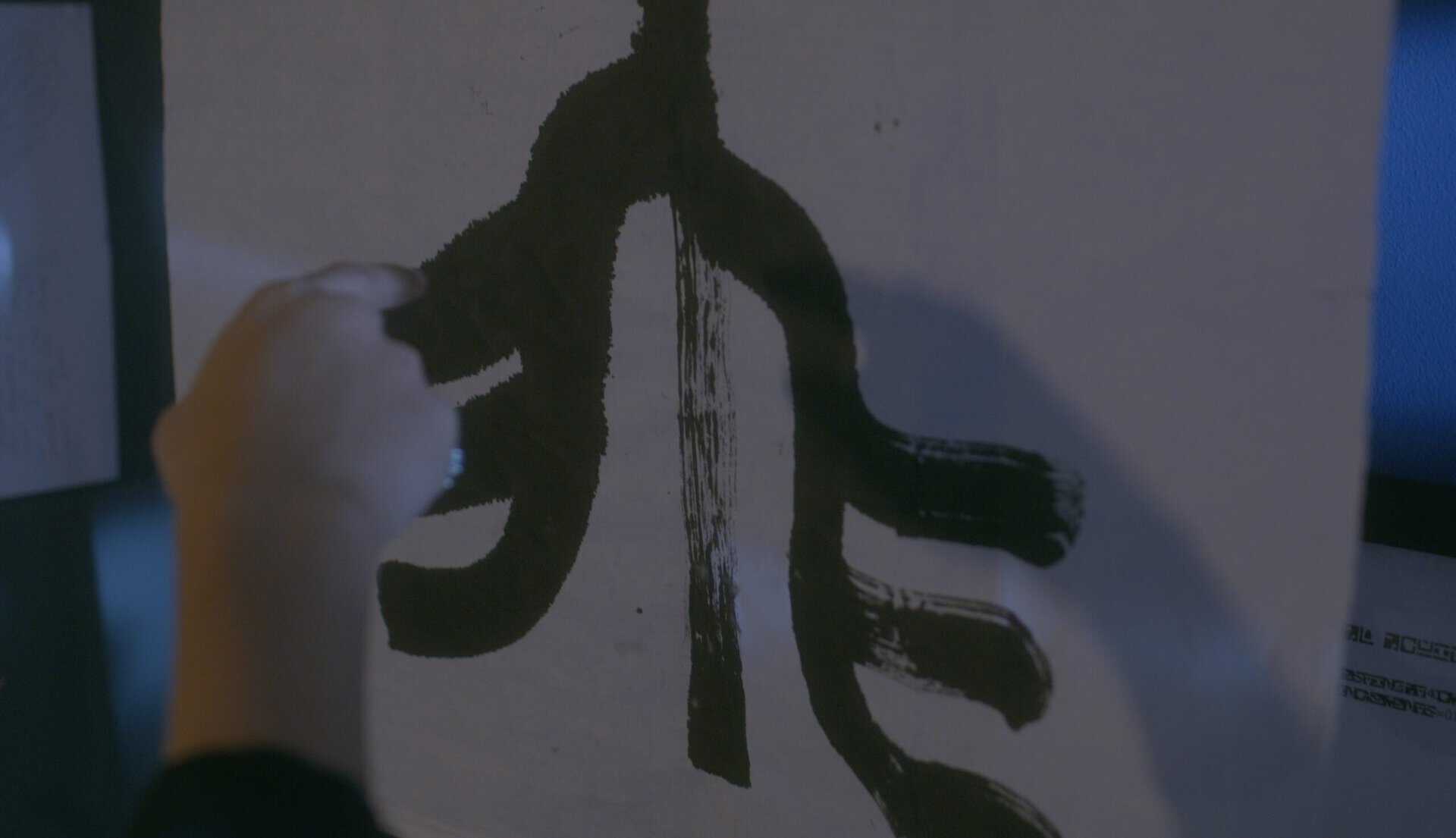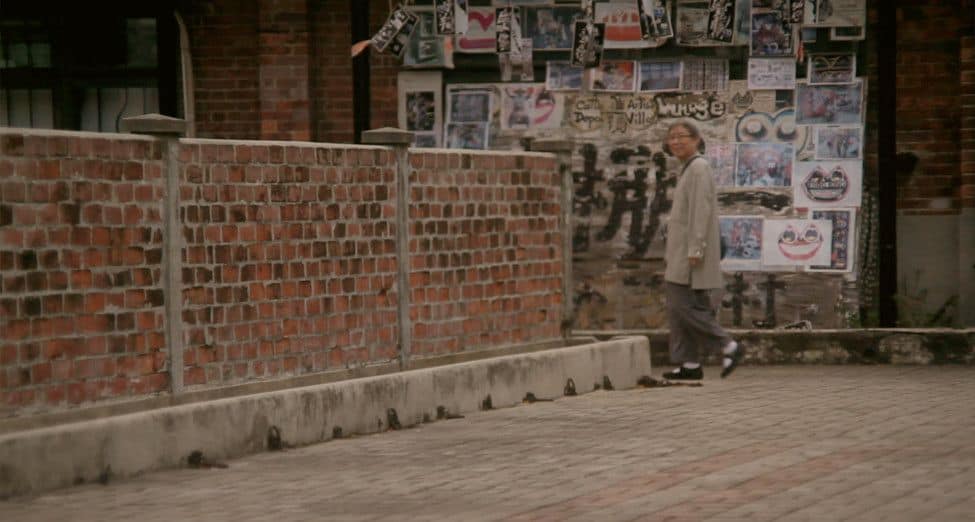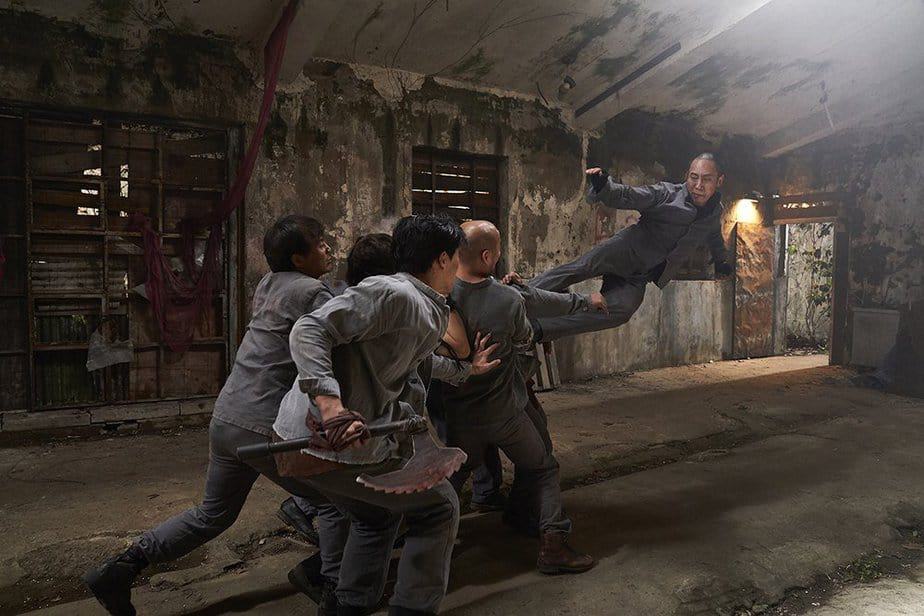In the near future, the chasm between the poor and the rich has widened even further which has increased the demand for ways to keep society's disenfranchised at bay. Megalo Boxing is one of those sports that has managed to entertain a majority of the population with many highly lucrative tournaments founded by companies such as the wealthy Shirato Coporation. However, since the boxers need to have technologically advanced gear to participate the poor have very little chance of taking part in these fights.
Buy This Title
Nevertheless, in the ghettos outside the big city, Joe, nicknamed JNK.DOG in the ring, has made a living fighting in rigged fights using rusty, old gear. Yearning for a chance to prove himself with the best of the discipline, he finally seizes the opportunity to participate in the biggest tournament celebrating the opening of a new arena built by the Shirato Coporation. With the help of his newfound trainer Nanbu and an urchin named Sachio, who holds a secret grudge with the current leader of the corporation, he begins training for the first fights that decide on the candidates for the tournament.
When his gear finally breaks down and he is unable to buy a new one, he and his team find themselves at a disadvantage over the other competitors. In the end, they decide to fight without it creating a sensation within the sports and giving Joe the new nickname of “Gearless” Joe, a man hopelessly disadvantaged but willing to fight with everything he has got.
Based on the manga created by Asao Takamori and Tetsuya Chiba titled “Ashita no Joe” the anime by director Yo Moriyama, who has worked on “Attack on Titan” and “Highschool of the Dead”, offers the old story of the underdog fighting almost insurmountable odds. Considering the dystopian design of the world in “Megalo Box”, however, this tale is taken to another level since it is not an individual story, but also a much more general tale about the struggle of the poor in a hierarchy based on wealth and power. Whereas characters like Joe or Nanbu essentially live in post-industrial ruins, run-down sheds or ramshackle trailers the skyline of the city symbolizes the perverse wealth of the rich as well as the everlasting quality of the divide between the haves and the have-nots.
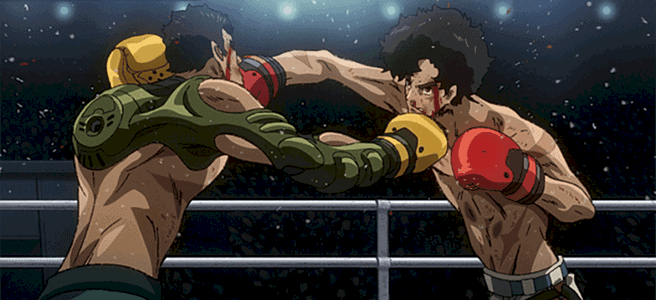
The central character Joe is in some ways reminiscent of Sylvester Stallone's Rocky when he dreams of finding the right people and winning a big tournament. Also pressured by economic needs, the state of his gear and the lack of a team present him at a significant disadvantage over other fighters. Called a “stray dog” by Yuri, a famous fighter for the Shirato Corporation, he becomes a symbol for the poor of living outside the city as well as their willingness to fight the unfairness of the system. Supported by Daisuke Imai's dynamic editing and the rocky soundtrack composed by Mabanua, every fight he goes through becomes an existential challenge, a fight of David against Goliath essentially, during which Joe's confident attitude, his boldness and after all his big mouth make him a formidable opponent for those challenging him.
In the end, “Megalo Box” is an entertaining, well-animated series about fighting almost impossible odds and an unfair system. With a great score and editing especially the scenes in the ring, which often take over an entire episode, are the highlight of the series, creating dramatic tension and giving an impression of what is at stake for character like Joe, who, despite his stubbornness and silliness at times, ultimately becomes quite a likable hero.


